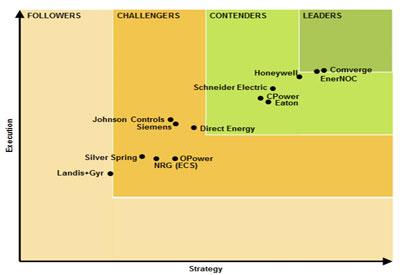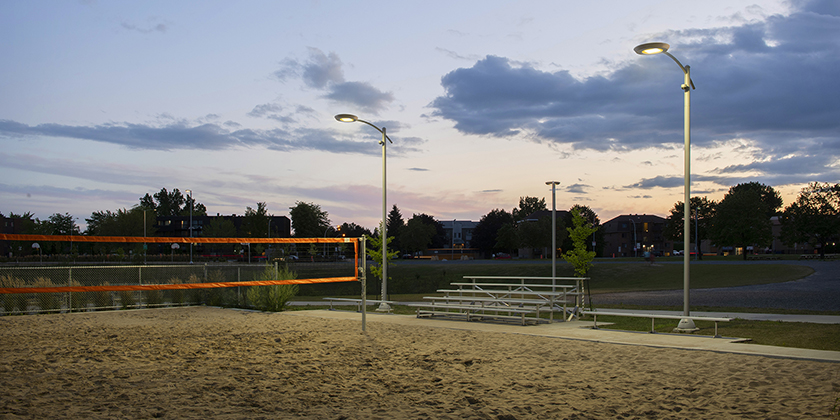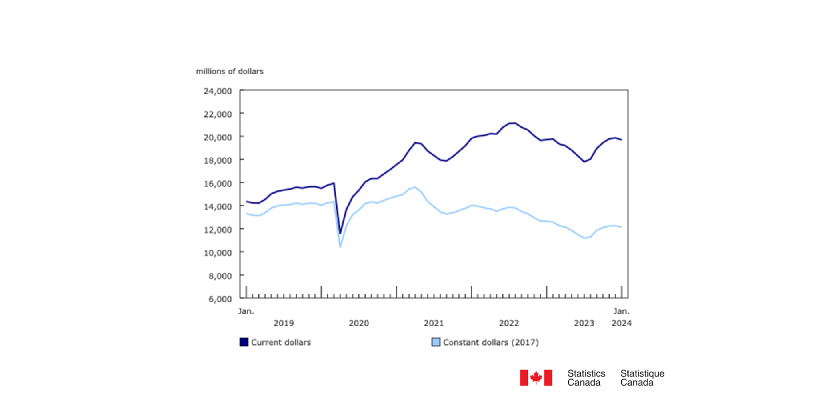Report Assesses Demand Response Strategies and Execution

Demand response (DR) is becoming a growing part of the resource base that electric system operators depend on to maintain reliability on the grid. A new Navigant Research Leaderboard Report examines the strategy and execution of 13 leading DR providers, and rates the providers against 10 criteria: vision, go-to-market strategy, partners, technology, geographic reach, sales, marketing, and distribution, product performance, product portfolio, pricing, and staying power.
As market liberalization, economic pressures, and environmental regulations all move utilities toward a path of fewer traditional central power plants and more distributed energy resources, DR can help speed this transition and make the grid more reliable along the way. Utilities have run residential direct load control (DLC) programs as forms of demand management and offered interruptible rates to commercial and industrial (C&I) customers for many years. However, today’s consumers expect more help from technology and demand more flexibility in their operations.
DR is starting to experience growth outside of North America, and expansion into other regions is expected to increase in the near future. Numerous countries in Europe are opening up energy markets to DR resources, and as smart meters are rolled out across the continent, the potential for DR improves. In Asia Pacific, countries like Australia, New Zealand, and South Korea have active DR programs. Meanwhile, Japan and China are piloting DR projects and expect to expand DR’s role in their markets in the next few years. According to Navigant Research, the global DR market is expected to grow from $2.0 billion in 2015 to over $12.8 billion by 2023.
Find out more: www.navigantresearch.com/research/navigant-research-leaderboard-report-demand-response.










![Guide to the Canadian Electrical Code, Part 1[i], 26th Edition – A Road Map: Section 10 – Grounding and Bonding](https://electricalindustry.ca/wp-content/uploads/2022/11/Guide-CE-Code-2.png)





